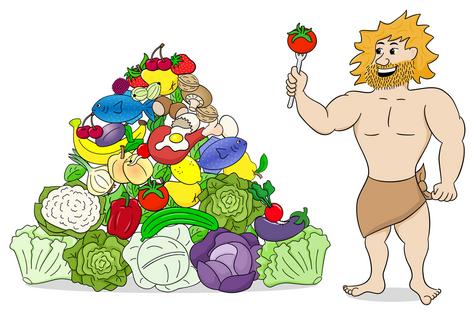Environmental Nutrition: Food facts and myths
I'm sure you've read something like this: "Eat this food, not that food ... more of this, less of that ... eat your food in this particular order, at this time of day and on this day of the week ..." It's a confusing and exhausting set of mixed messages. All the conflicting information out there about nutrition can make it hard to know what is actually true and what is false. Let's explore in more depth five of the most common nutrition fallacies.
MYTH: High fructose corn syrup is worse for our bodies than other sugars.
Let's dig into the sweet details.
FACT: There are two types of sugars: monosaccharides and disaccharides. Man-made high fructose corn syrup and naturally occurring sucrose are both disaccharides that consist of the monosaccharides glucose and fructose. Chemically, high fructose corn syrup and sucrose are almost identical and therefore our bodies digest and metabolize them both in very similar manners.
There has been a lot of debate regarding the effects of high fructose corn syrup on our bodies, but there have been no studies which conclusively prove that this sweetener changes metabolism, increases body fat, or increases appetite. No matter the source, our bodies know how to break down all forms of sugar and use this for energy. Whatever sugar our bodies do not need or utilize at that moment is stored in our livers for later use and when the liver is at full capacity our bodies turn that surplus energy into fat and store it for long term use. Bottom line: our bodies will use high fructose corn syrup for energy like any other sugar.
MYTH: Eating before bedtime automatically leads to weight gain.
Try to stay awake for the details.
FACT: Popular belief says that if we eat in close proximity to falling asleep, weight gain will result because our metabolism slows and food that is not digested turns into fat. Science however tells us a different bedtime story: When we fall asleep, our bodies continue to function normally. Our hearts continue to pump blood, our brains remain active, our livers continue to filter, and our kidneys continue to regulate fluid balance and blood pressure. The same goes for digestion and metabolism of food while we sleep. Moreover, nighttime basal metabolic rate averages the same as during the day. If there is food in our bodies that needs to be digested, it will be (no matter if you are awake or asleep) and that energy will be used to keep all our essential organs functioning all night long.
MYTH: Consuming dietary cholesterol increases the risk of heart disease.
...continued







